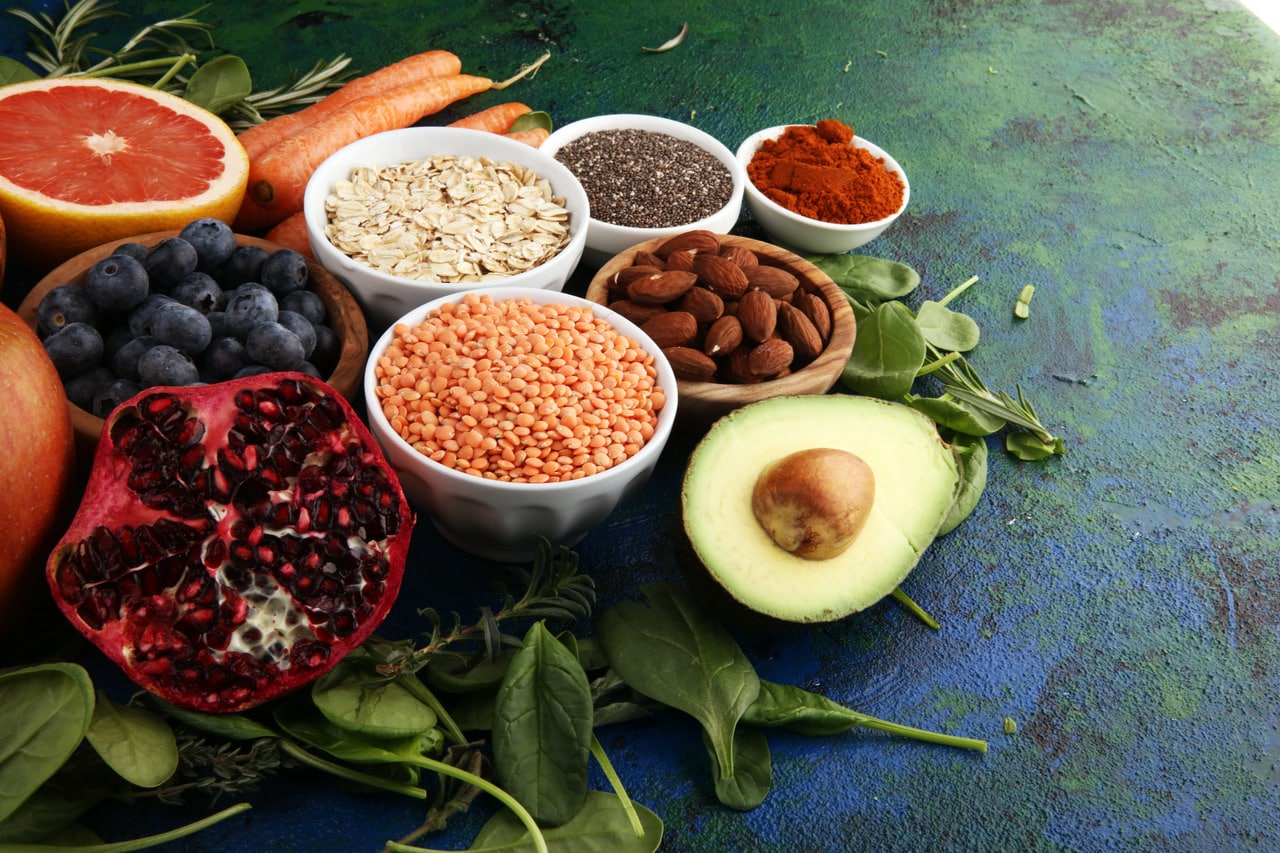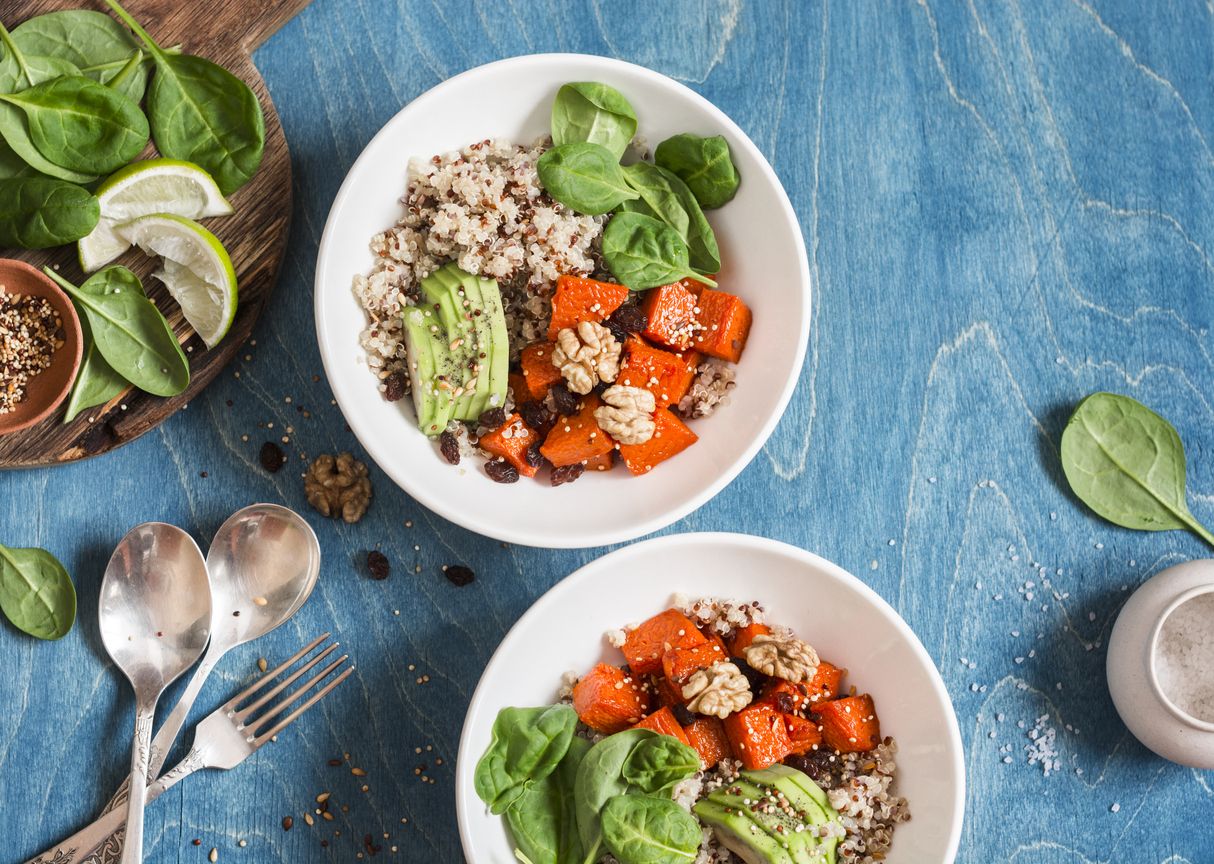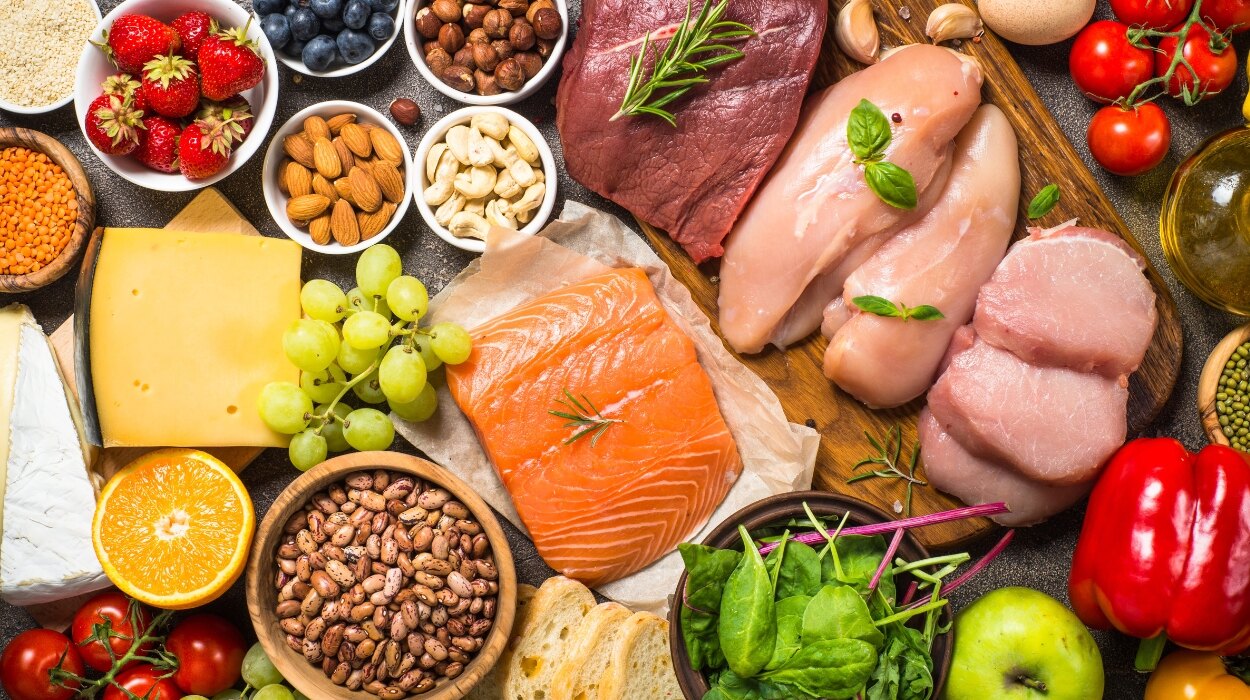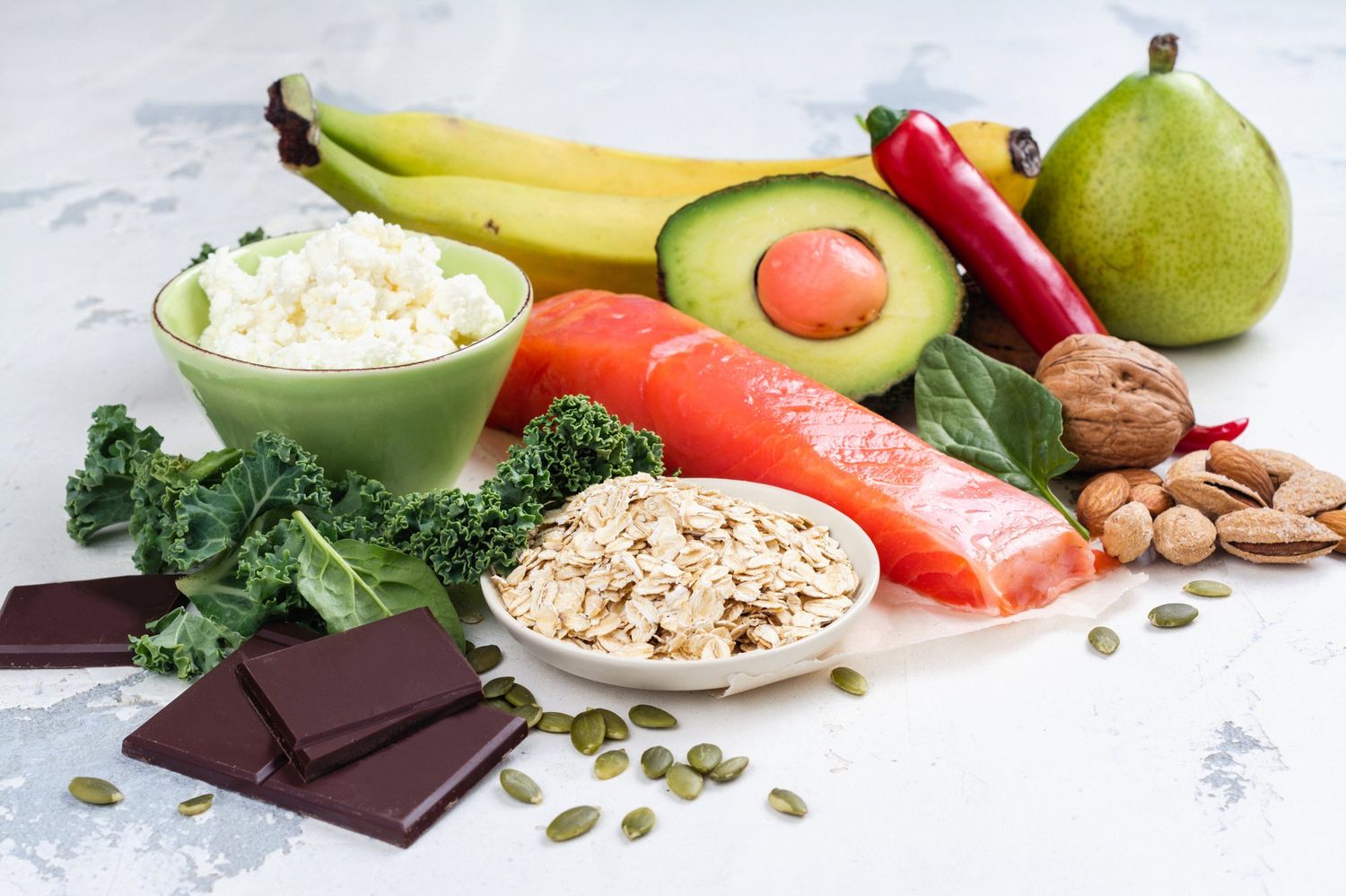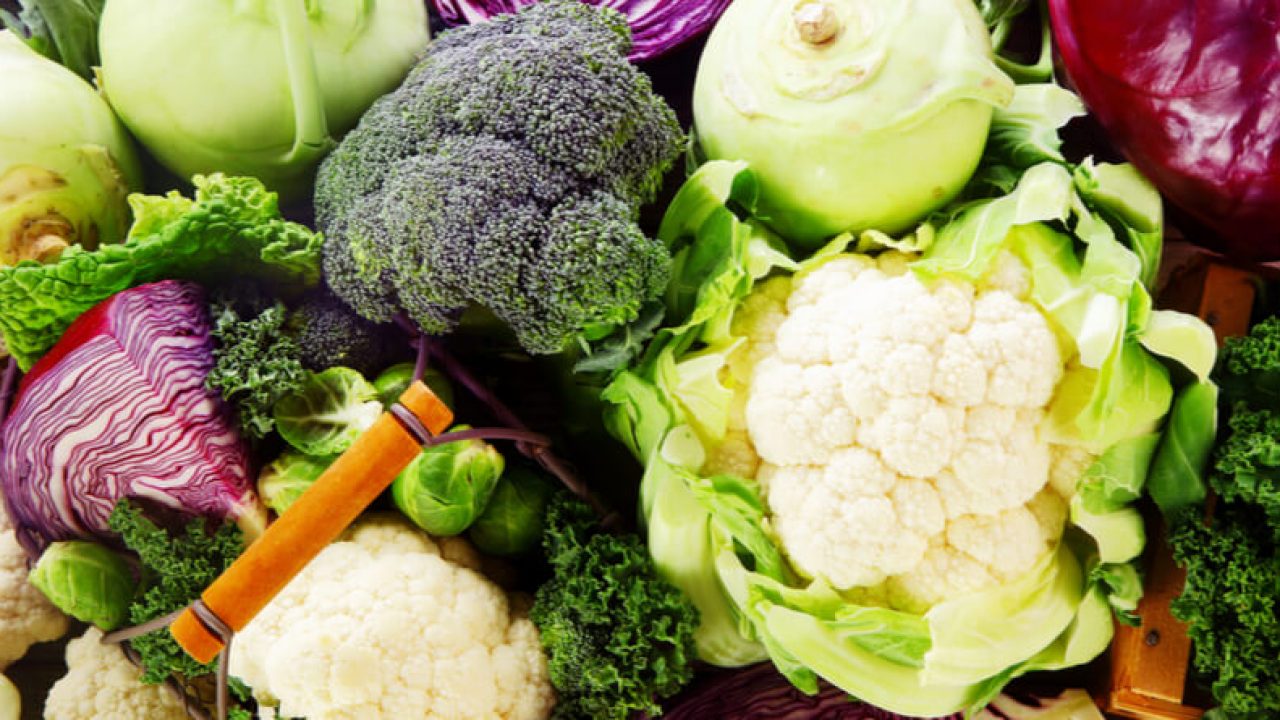Boost Your Metabolism with the Right Foods
Having a fast metabolism can help you maintain a healthy weight and feel more energetic. While genetics play a role in determining your metabolic rate, the foods you eat can also have a significant impact. By incorporating the right foods into your diet, you can help speed up your metabolism and support your overall health.
Include Protein in Every Meal
Protein is essential for boosting metabolism because it requires more energy to digest compared to fats and carbohydrates. Additionally, it helps maintain and build lean muscle mass, which can further increase your metabolic rate. Incorporate lean protein sources such as chicken, turkey, fish, tofu, and legumes into every meal to support a fast metabolism.
Embrace Healthy Fats
Contrary to popular belief, consuming healthy fats can actually support a fast metabolism. Avocados, nuts, seeds, and olive oil are rich in monounsaturated fats, which can help improve insulin sensitivity and support metabolic health. Including these fats in your diet can also help you feel full and satisfied, preventing overeating.
Spice Up Your Meals
Adding spicy ingredients like chili peppers and cayenne pepper to your meals can temporarily increase your metabolic rate. These spices contain capsaicin, a compound that can boost calorie burning and fat oxidation. While the effect may be modest, incorporating spicy foods into your diet can still contribute to overall metabolic health.
Don’t Forget Fiber
Fiber is not only essential for digestive health but can also support a fast metabolism. High-fiber foods like fruits, vegetables, whole grains, and legumes can help regulate blood sugar levels and prevent insulin spikes, which can contribute to a more efficient metabolism. Aim to include a variety of fiber-rich foods in your daily meals.
Stay Hydrated
Drinking enough water is crucial for maintaining a fast metabolism. Even mild dehydration can slow down your metabolic rate, so make sure to stay adequately hydrated throughout the day. Additionally, choosing water over sugary beverages can help prevent empty calorie consumption, supporting overall metabolic health.
Opt for Green Tea
Green tea contains antioxidants and compounds like catechins that have been shown to boost metabolism and increase fat burning. Incorporating a few cups of green tea into your daily routine can provide a modest metabolic boost while offering additional health benefits.
Conclusion
While there’s no magic solution for achieving a fast metabolism, incorporating these metabolism-boosting foods into your diet can certainly make a difference. By focusing on a balanced diet that includes protein, healthy fats, fiber, and hydration, you can support your metabolic health and overall well-being. Combined with regular physical activity, these dietary choices can help you maintain a healthy weight and feel your best.
